
Do neurons melt? How extreme temperatures affect the functioning of the brain
Scientific research shows higher temperatures decrease positive emotions such as joy or happiness and increase negative ones such as anger or stress

Scientific research shows higher temperatures decrease positive emotions such as joy or happiness and increase negative ones such as anger or stress
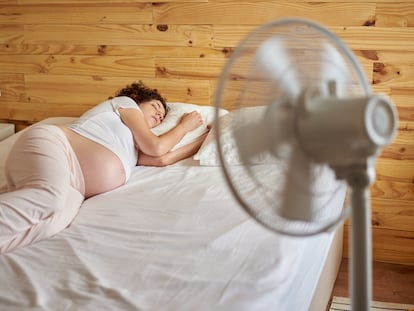
High temperatures on equatorial nights, which have multiplied in recent years, are associated with less — and less efficient — sleep

Data from more than 350,000 people over 13 years suggests that a good diet, exercise and not smoking considerably lengthens the life of people genetically predisposed to have a shorter life span
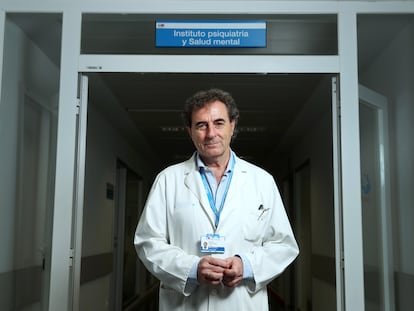
In his latest book, ‘Personality and its Disorders,’ he offers readers an informative introduction to the science of personality

Exposure to exterior nighttime illumination affects our biological clock and sleep quality, and a recent study links it to an elevated chance of having a stroke

A meta-analysis synthesizes 50 years of sleep deprivation research and reveals that not enough rest can lead to emotional changes the next day

People from more disadvantaged backgrounds are 440% more likely to suffer from the disease, compared to people with higher incomes

Performing the equivalent of four minutes of physical activity a day is a valid strategy to strengthen the brain

Various studies show that exposing workers to nothing but artificial lighting puts their physical and mental health in danger
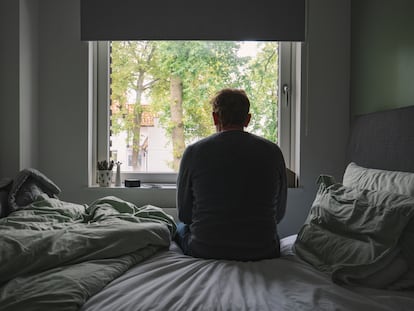
Not getting enough sleep affects many areas of our day-to-day life
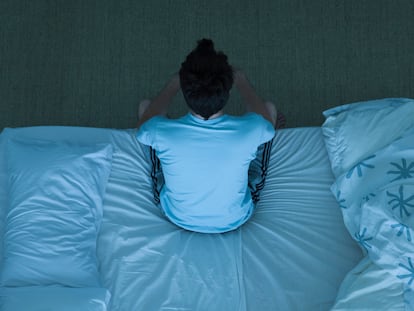
Although sleep medicine experts have traditionally advocated limiting its use, a recent study contradicts this idea

Our generation is better prepared than that of our parents to face the challenges entailed by smartphones and social media and to talk to our children about the potential and risks of technology
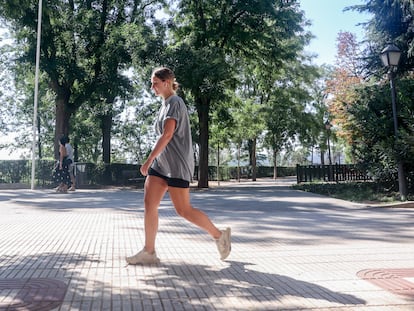
Experts recommend increasing the number of hours spent outdoors in the morning, especially for the elderly

The pediatrician explains that rest is essential for the physical and mental health and the proper development of minors

A new study rules out a direct relationship between being an evening person and a higher mortality, but finds that those who go to bed and wake up later are more likely to be smokers and drinkers

Hormonal changes and the lack of stress may explain why a woman naturally achieves a pregnancy that seemed impossible before in-vitro fertilization

The clinical psychologist and creator of the Fagerström test talks about therapeutic options for people with tobacco use disorder
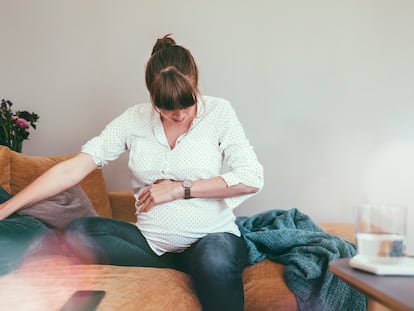
Recent studies link the appearance of this disorder in pregnant women with subsequent heart disease, even years after having given birth

Insomnia and average sleep duration of less than five hours are associated with higher heart attack rates
![María Ángeles Bonmatí, author of the book 'Que nada te quite el sueño, por qué dormir es fundamental para tu salud' [Let Nothing Keep You Awake: Why Sleeping Is Essential for Your Health].](https://imagenes.elpais.com/resizer/v2/YMHYPUYWBNDXLBKHCFVF7RQQGU.jpg?auth=cb18c3165374a65b01df9f7eecae65e22234fba488499db3d1e41a6c08ffe13b&width=414&height=311&smart=true)
The chronobiology researcher staunchly defends rest as an essential component of health

Non-stop television viewing has been linked to back pain, eye strain, weight gain and other health problems
A new study highlights the role of high-intensity aerobic activity in preventing the appearance of metastases; still, experts warn that it should not be considered a substitute for other treatments
A study shows that small, intense bursts of intense physical activity reduces mortality risk almost 50%

Obstacles abound for people with mental health conditions as well as addictions

Two recent studies could change the recommendations for physical activity as preventive medicine

This leading world expert in chronobiology says that slumber is as important as diet or physical exercise and criticizes the ‘modern’ trend of equating less sleep with more productivity

According to multiple studies, irregular schedules can cause a host of problems that persist even after a person has returned to a normal routine